Interrupted Education
U.S. shuts down college campuses, leaving international students with major struggles
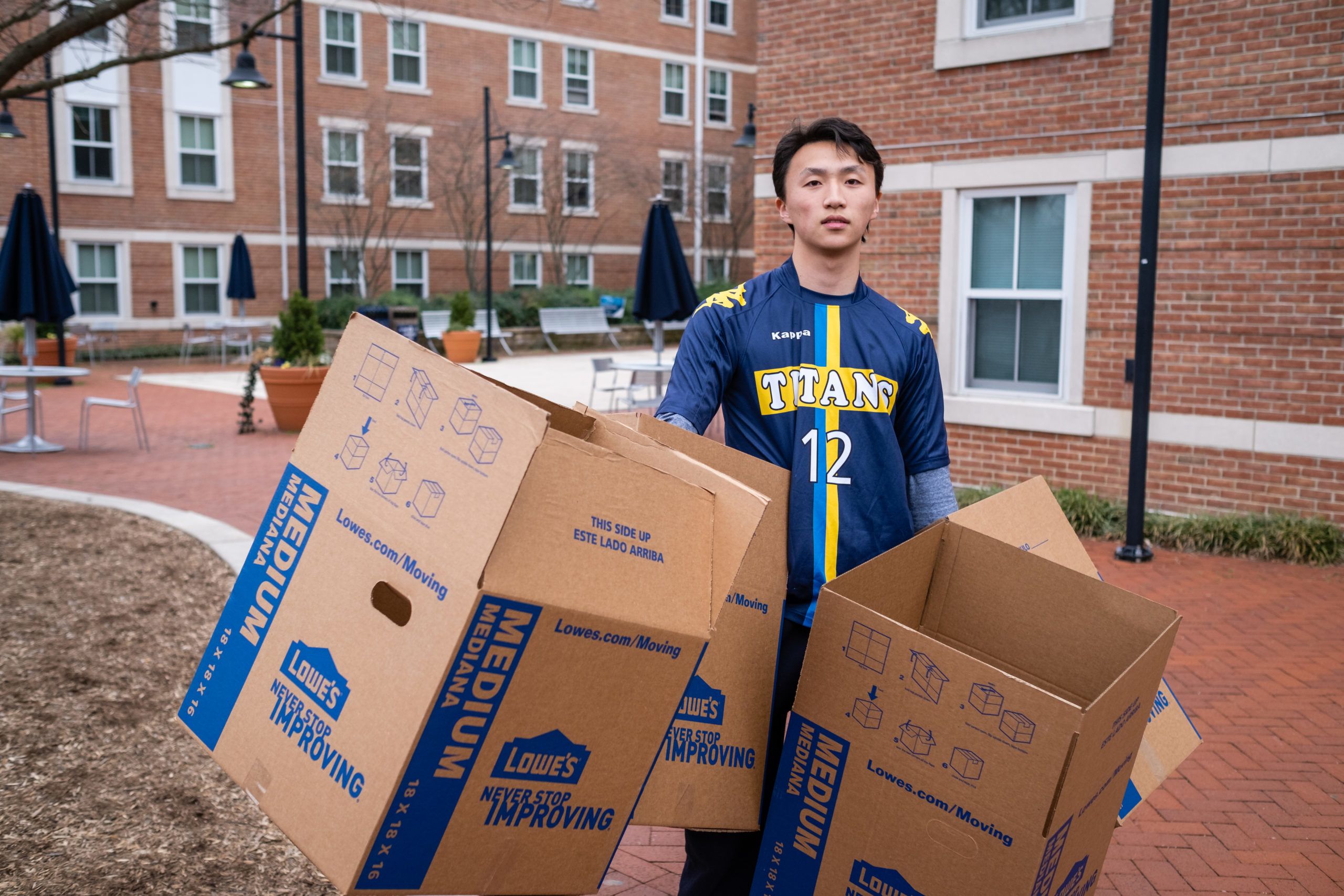
The lives of students across the US began to be upended the week of March 9 as universities and colleges began sending mass emails informing them that classes would be moved online due to the COVID-19 outbreak . International students, who had to quickly make decisions about whether to risk staying in the US or going back to their home countries faced particularly difficult decisions.
Massachusetts alone has 114 colleges and universities, with college students making up a quarter of Boston’s population.
According to Boston University’s International Students office, the university has one of the country’s largest populations of international students with 10,598 coming from 139 countries in 2018.


Schools in MA Close
Their Campuses
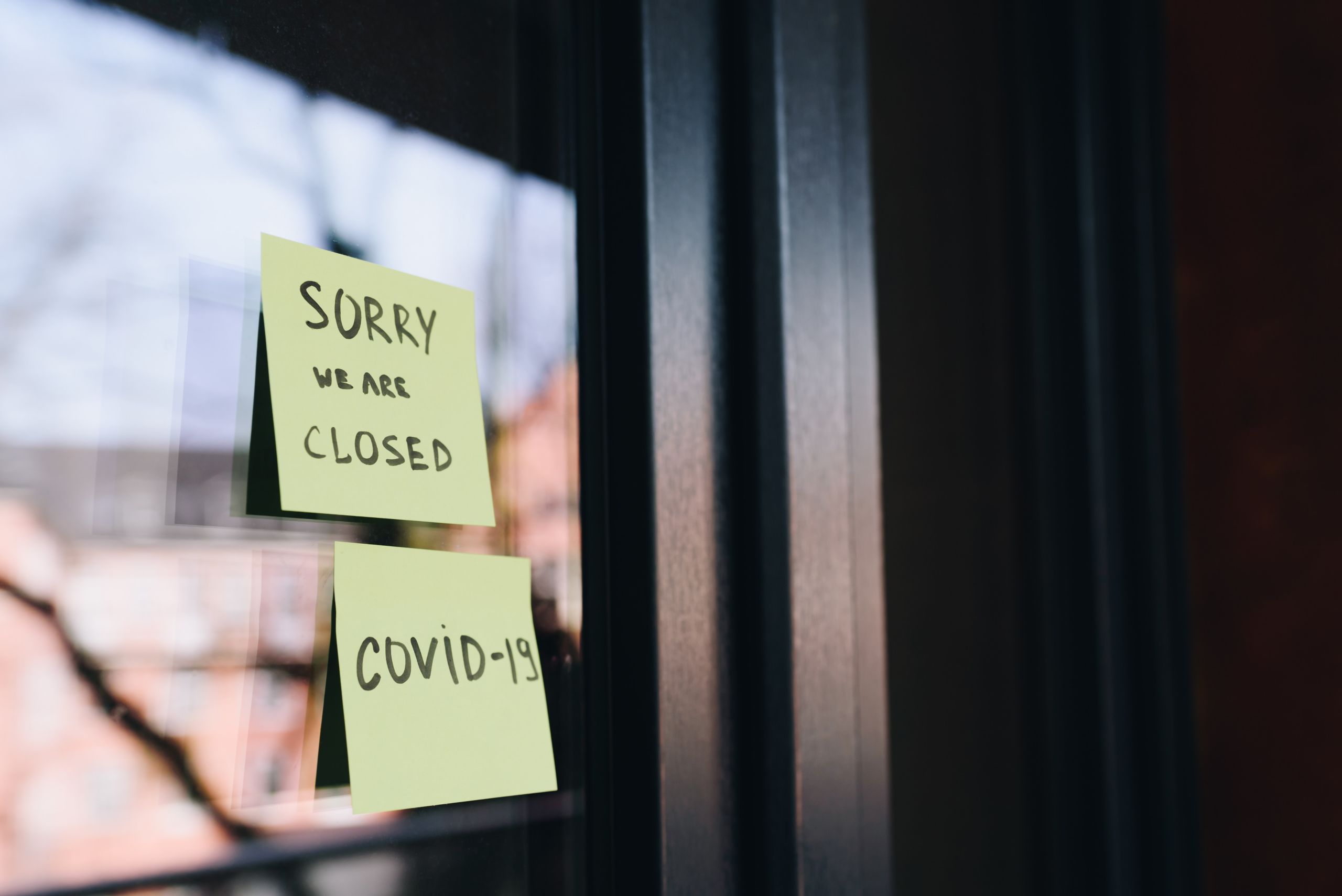
International students come to schools across the U.S.
According to Best Colleges, the school with the most international students is New York University. The University of Arizona has the third most, Northeastern the fourth and University of California Los Angeles fifth.
Ibrahim Abouelfettouh: University of California Berkeley
From: Cairo, Egypt
Year: Junior
Major: Physics
When UC Berkley cancelled classes, the campus community was reminded of the prior semester, when the university temporarily canceled classes due to California wildfires.
But the COVID-19 shut down is different, and international students like Ibrahim Abouelfettouh are being hit especially hard. Abouelfettouh is the Vice President of the International Student Association of Berkley (ISAB). The goal of the organization is to help international students find resources and integrate into American culture.
Members of the organization were frantically seeking guidance when countries started closing their borders. Many questioned whether or not they should return home, worried they’d have issues coming back to school with F1 Visas placed on hold. Those that returned to their home country are now facing the consequences of sleep deprivation and waking up at odd hours for their classes.
Abouelfettouh is remaining in the states for now, fearful he could be an asymptomatic carrier who could infect his immunocompromised mother and aunt.
Suahn Hur: University of Chicago
From: Seoul, South Korea
Year: Sophomore
Major: Economics
News of the University of Chicago’s move to online classes came right before the winter quarter’s finals. Suahn Hur is glad online instruction started with a new set of classes. Hur packed what she could fit into two checked suitcases and left the rest of behind in the off-campus apartment she continues to pay rent on, not knowing when she can return. Hur’s biggest uncertainty right now is how she’ll collect her things before the lease runs out in July.
Having gone through the peak already, South Korea requires international students like Hur to isolate for 14 days. South Koreans can now go out again, but Hur says everyone wears masks and practices social distancing.
A busy class schedule keeps Hur inside. Catching her earliest class, at 8 am chicago time, means tuning in at 10 pm and throughout the night, with her latest class ending at 6 am. While lectures are posted online, missing the live zoom chats means missing out on a chance to ask questions in real-time.
Hur usually buys plane tickets to and from school a year in advance for the best prices, but the possibility of cancellation fees and general uncertainty puts her ability to plan on hold.
Cecily Coleman: University of Houston
From: McKinney, Texas
Year: Freshman
Major: Architecture
Cecily Coleman did not expect her freshman year in college to end like this. She had been home for weeks and said the days are starting to overlap. Overall, the situation is taking more of a toll on her emotional health than she expected, she said.
The University of Houston announced its shift to online classes over the school’s spring break in early March. Harris County, where the university is located, put into effect a stay at home order that further affected move-out dates and possible refunds. Coleman thinks the university handled things as best it could by assigning move-out dates by students’ last names.
All of Coleman’s friends have also come home from college, but, she said, being unable to interact with them has brought a new level of loneliness that only gets worse as the days go on.
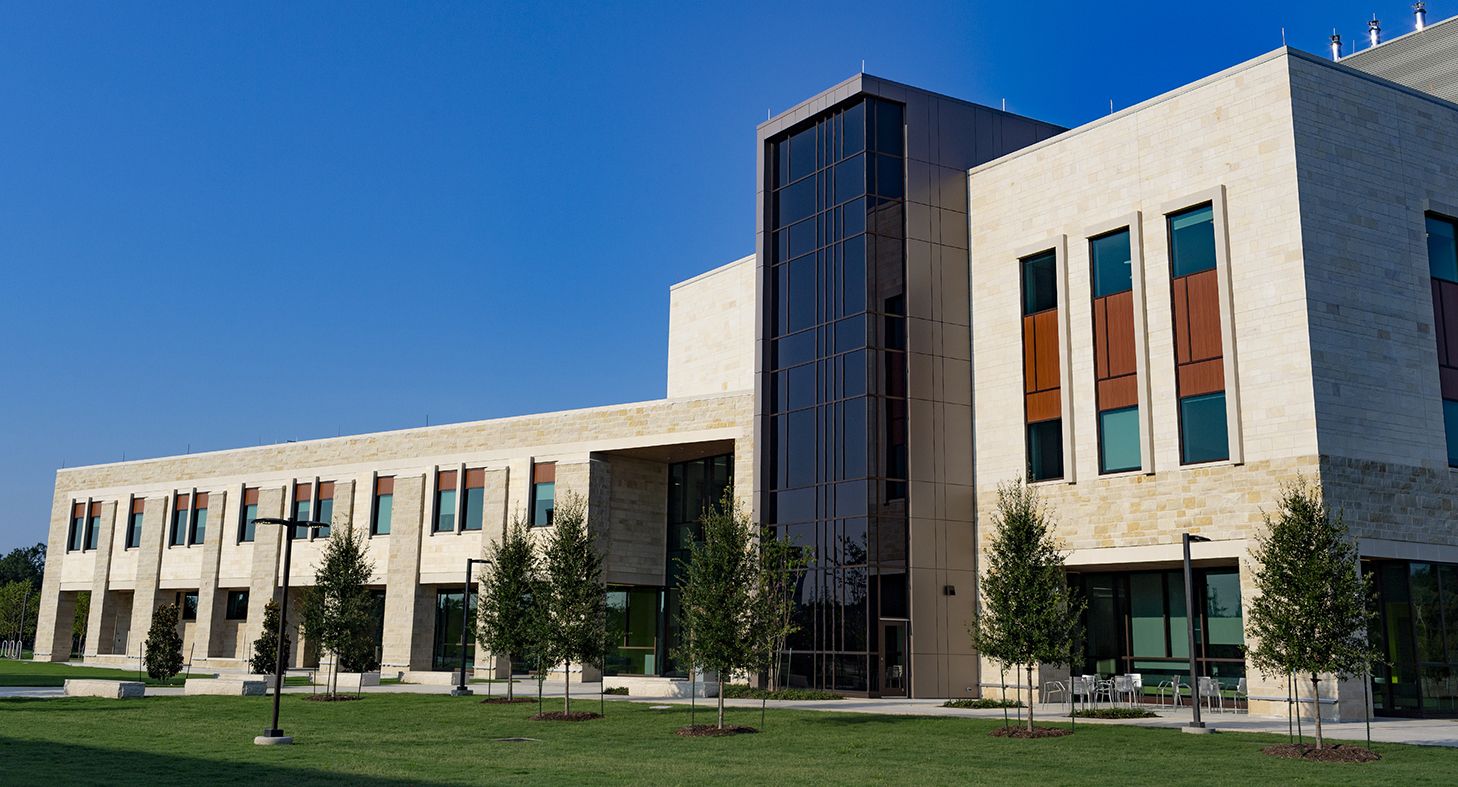


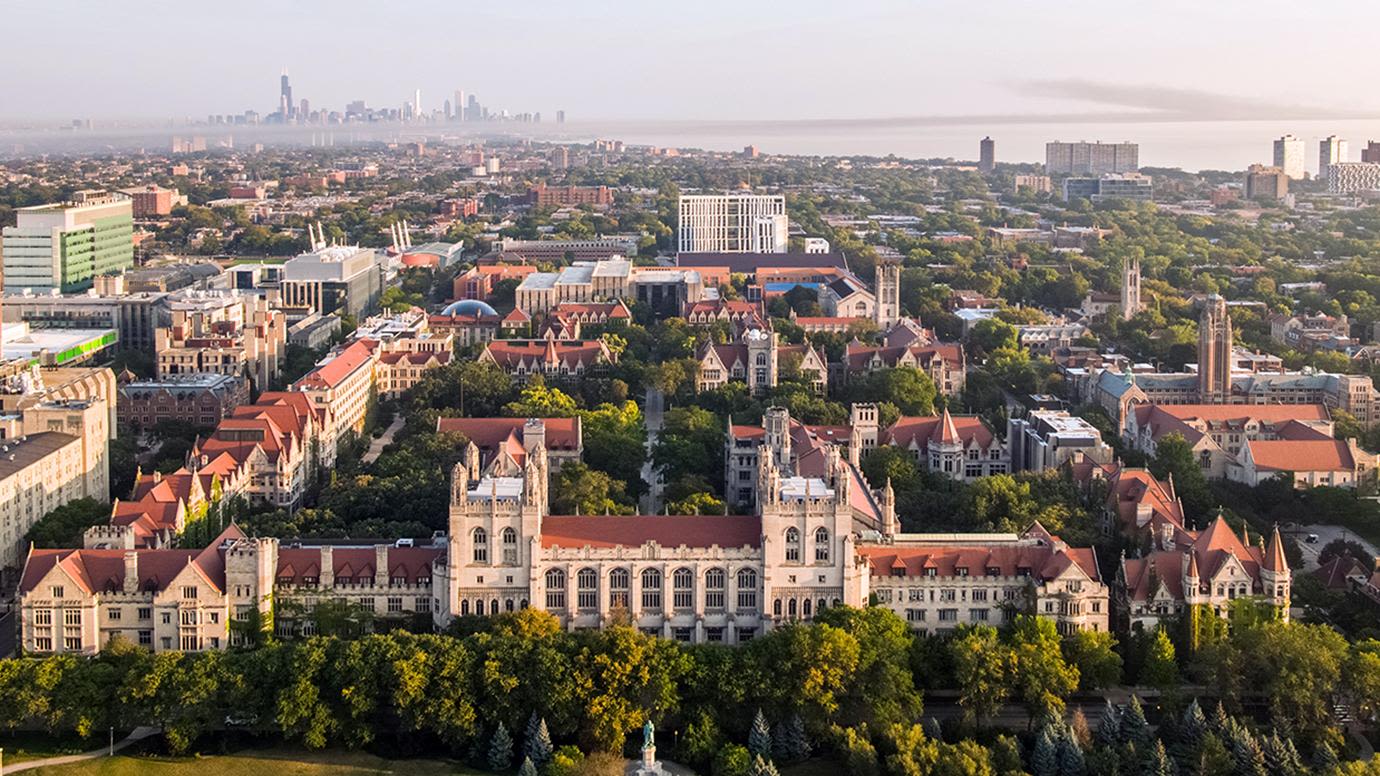
University Perspective

Patrick Himes is the Assistant Director of Technology at the Tufts International Center. Himes has worked at Tufts for about 5 years, primarily interacting with graduate students in the School of Arts and Sciences or the Veterinary Medicine program.
The International Center is a place on campus for international students to ask questions about their Visa, get advising and learn about different programs on campus.
Himes believes Tufts and other universities have done their best to accommodate students considering unprecedented emergency situations. The International Center is looking at unused funds for conferences and other now-canceled events, hoping to allocate that money to students with financial aid who may need help.
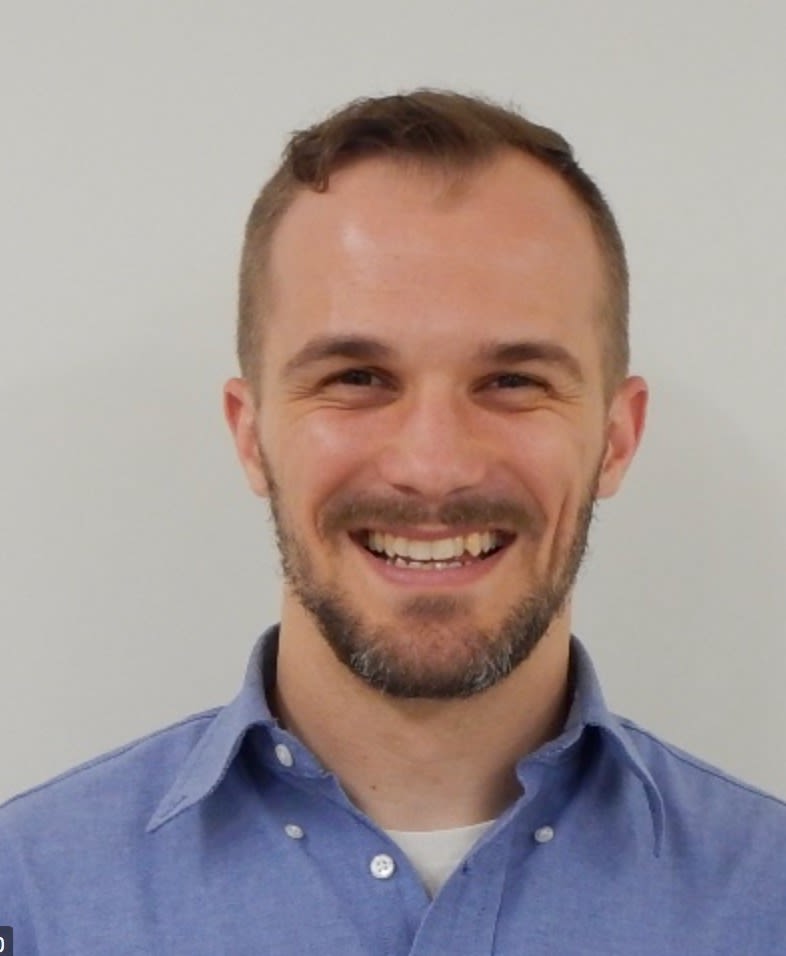
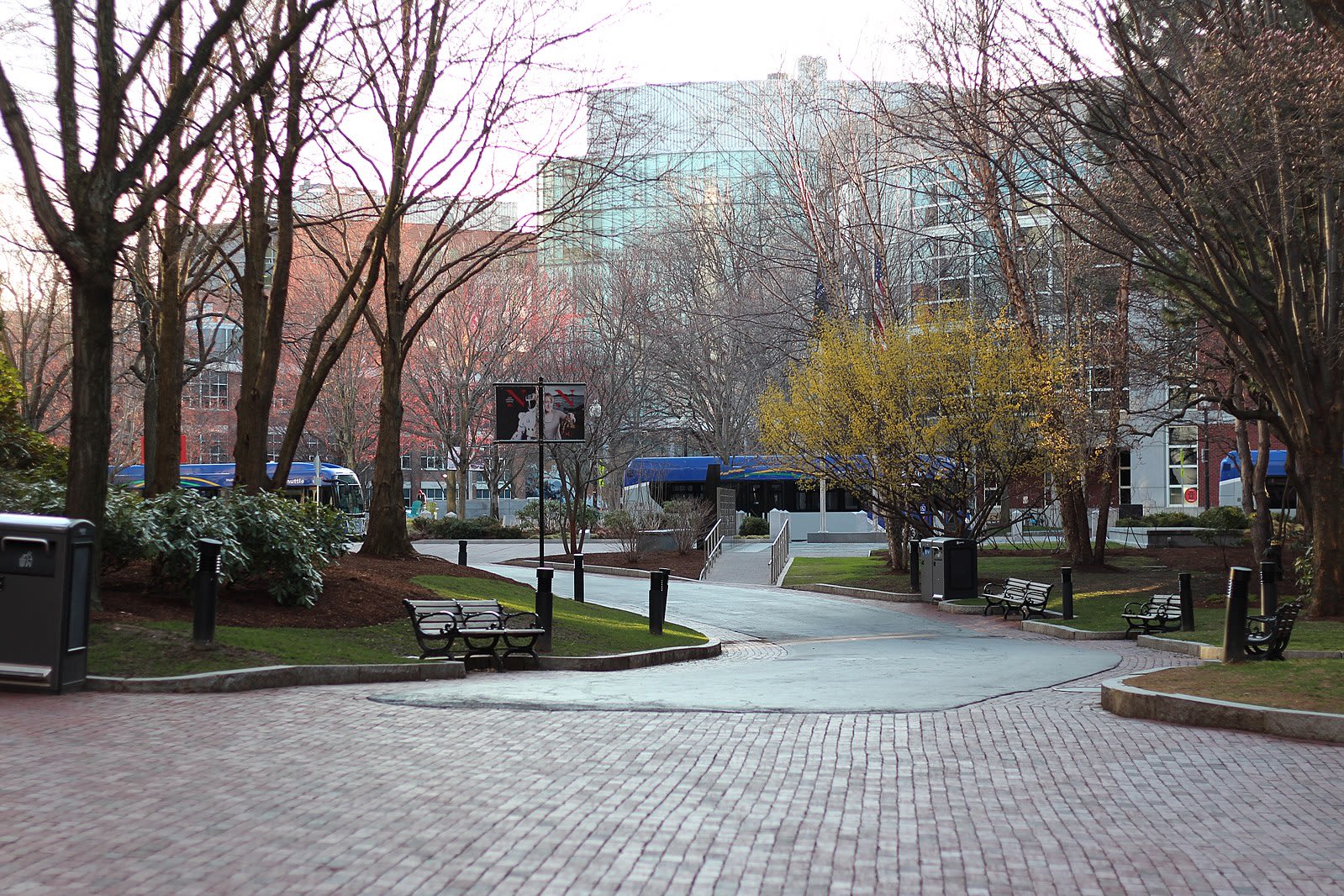
Northeastern University's campus after most students left due to COVID-19. Photo by Edward Orde/Wikimedia Commons
Northeastern University's campus after most students left due to COVID-19. Photo by Edward Orde/Wikimedia Commons
